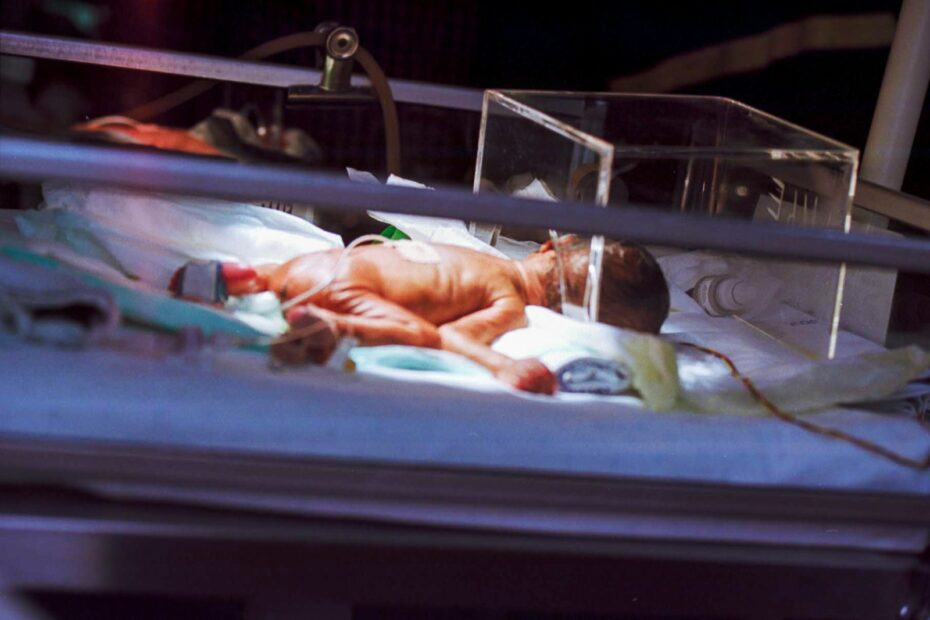Licensed Practical Nurse Jobs Are Amazing Jobs
Are you looking for a job that allows you to serve others while also providing financial stability and satisfaction? If so, then look no further than the amazing opportunities available in Licensed Practical Nurse (LPN) jobs! As an LPN, you will have the opportunity to make a real difference in people’s lives while earning a… Read More »Licensed Practical Nurse Jobs Are Amazing Jobs
